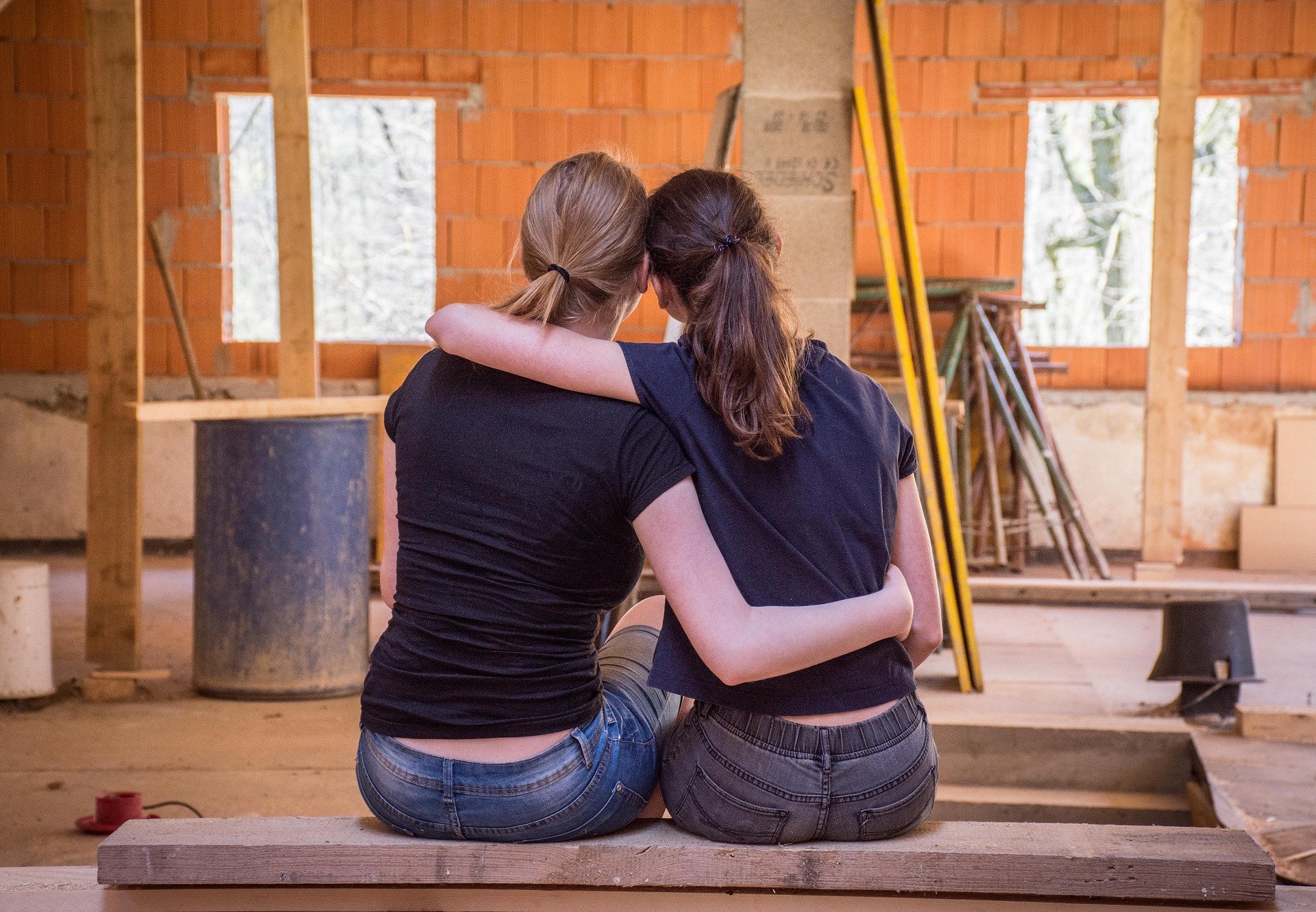“Compassion” is one of those words we hear a lot about but don’t often take the trouble to define.
For me, compassion is about connecting to a person’s sorrow. Feeling a strong desire to help alleviate their suffering.
Compassion means fellow-feeling. It means doing “unto others exactly as we would have them do unto us,” especially when we know they are in trouble. In short, it means having complete and unwavering empathy for anyone we encounter who is going through a difficult time. It means looking for ways to help them, even if that means – being the one who reaches out with a “helping hand” to encourage them as they navigate through their difficult times and sorrow.
Compassion rooted in spirituality is, as I see it, a personal quest, and for many, it becomes the cornerstone for strength during the darkest moments in our lives.
Religious dogma is different, and it is not what I am interested in examining here. Pronouncements about religious practice are more likely to involve movements that somehow overlook compassion. Perhaps we can begin to look at compassion as an ingredient that we all need to nurture, starting with our children.
We live in a time when its all too easy to find things about which we vehemently disagree. A person’s political beliefs, a person’s lifestyle, a person’s religious point of view, and the list continue. It is worth taking some time, I think, to examine just how this seemingly simple principle of compassion is natural for some and difficult for others.
I believe it has to do with forgiveness. In particular, when it comes to families. I think there is a fair amount of resentment of past transgressions, and as a result, its difficult to reach out and show compassion during a person’s difficult time. There is so much attachment to jealousy and resentment when it comes to feeling compassionate, especially if it is a family member who is going through hard times.
I believe it is far easier to forgive and move past our resentments than most imagine. I think we can all move into that sacred place of compassion by finding and taking advantage of the first possible opportunity to say something like this: “I have not been where you are today but have felt the words you are expressing, and I want you to know I see you I hear you. Thank you for sharing.”
To be human is to require compassion. And one of the best ways to receive compassion is to understand the importance of offering it to others, and to ourselves, especially when deep down inside of us, we feel we don’t, or they don’t deserve it.
One of the essential things I have learned about compassion it takes practice and being aware when we are not practicing it.
Awareness is the key to so many aspects of our lives. When we become aware of our transgressions, we have the opportunity to make amends.
I have had the privilege of working with young children for most of my adult life and have observed compassion through the lens of a child.
It is interesting as soon as a child sees another child, visibly upset their immediate response is to go over and hug them. No judgment that they both were fighting two minutes earlier over wanting the same colored marker. If only adults could give and receive compassion the same way children do.
I embody compassion in every aspect of my life and believe it was as the result of seeing my mother modeling it. My mother was always the person called upon when a neighbor needed a compassionate friend. I now see that through my mother’s behavior, I knew what compassion meant to another human being.
My goal in life, when it comes to compassion, is to continue living it through the lens of a child. No questions asked only unconditional acceptance of their circumstance.
It sounds easy, and it takes practice to show compassion to another human being. Using the words of a child, “are you ok,” we could make a difference in someone else’s life when they are going through a difficult time.
Do you practice compassion for those around you? How does it make you feel?
Next time you look at someone who may look a little distracted, perhaps asking them, “are you ok” can make a world of difference to their day and sometimes even their whole life.


